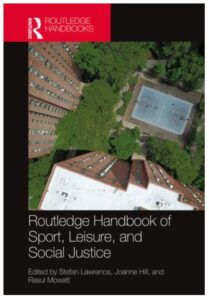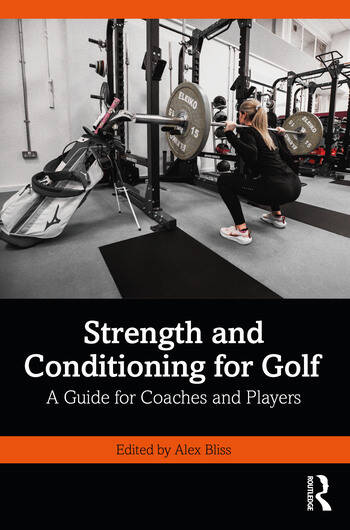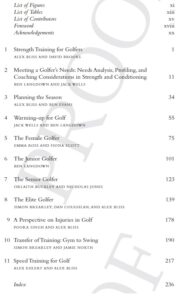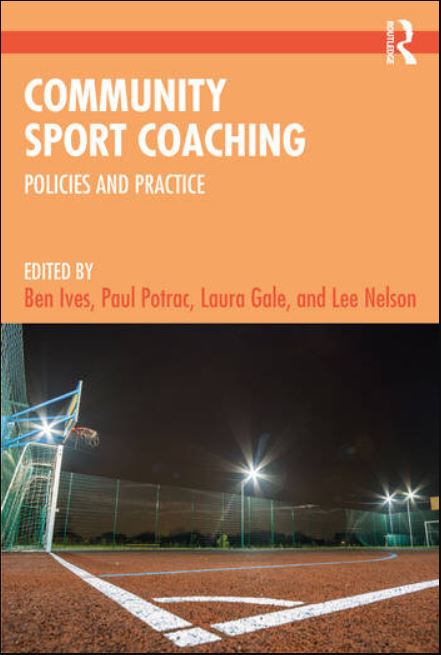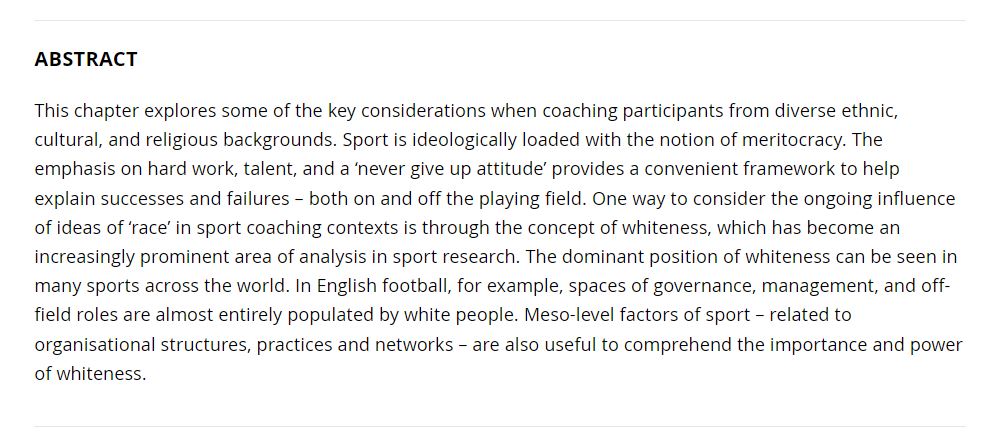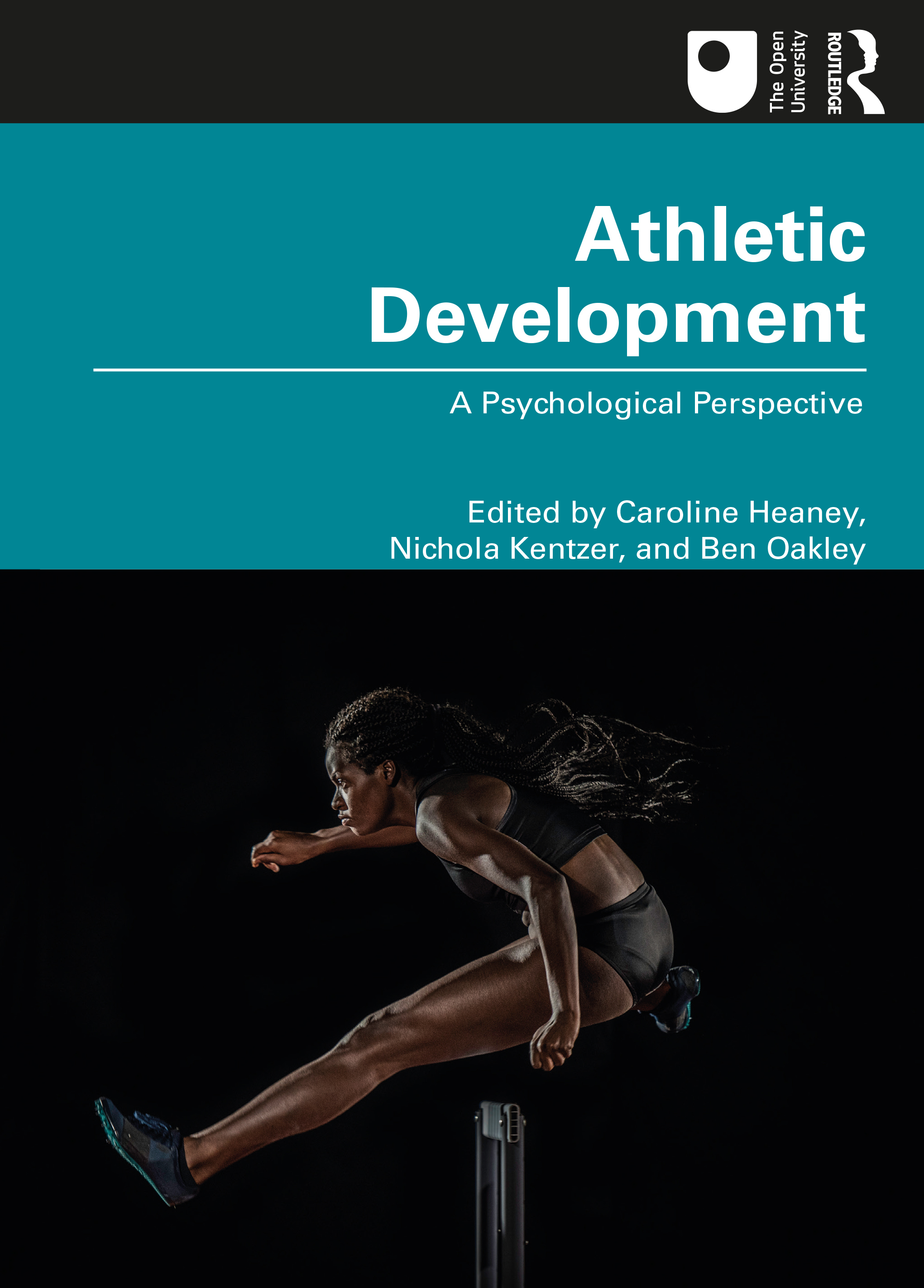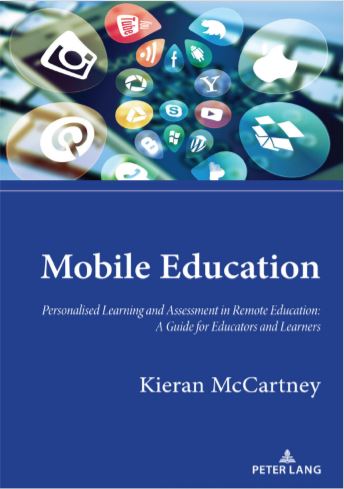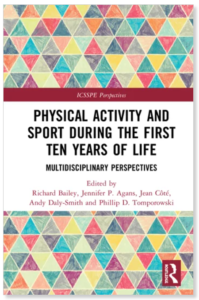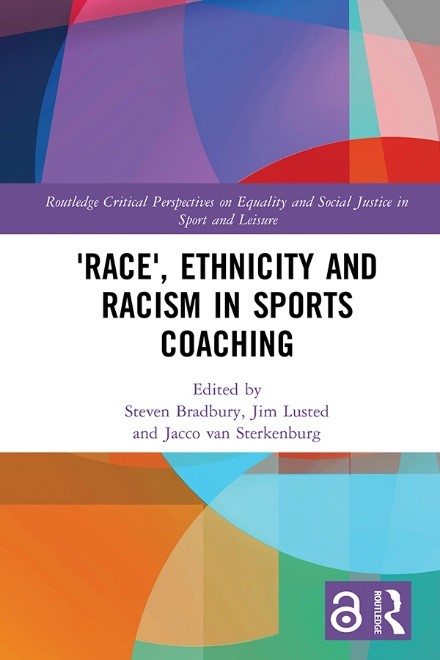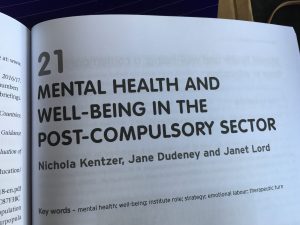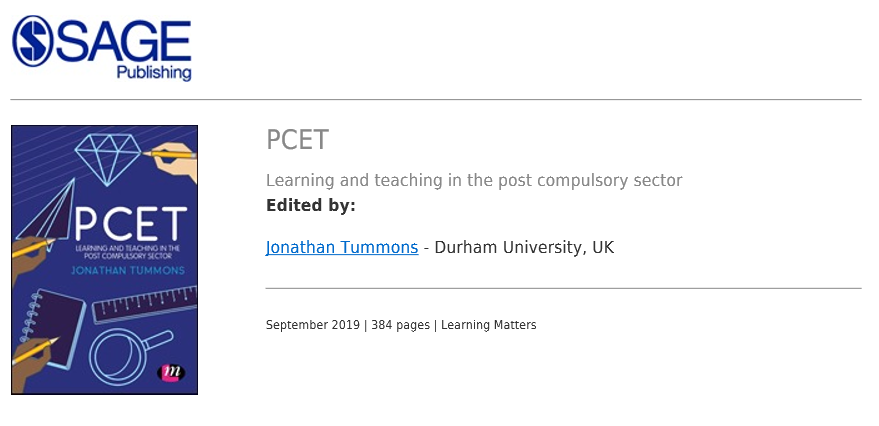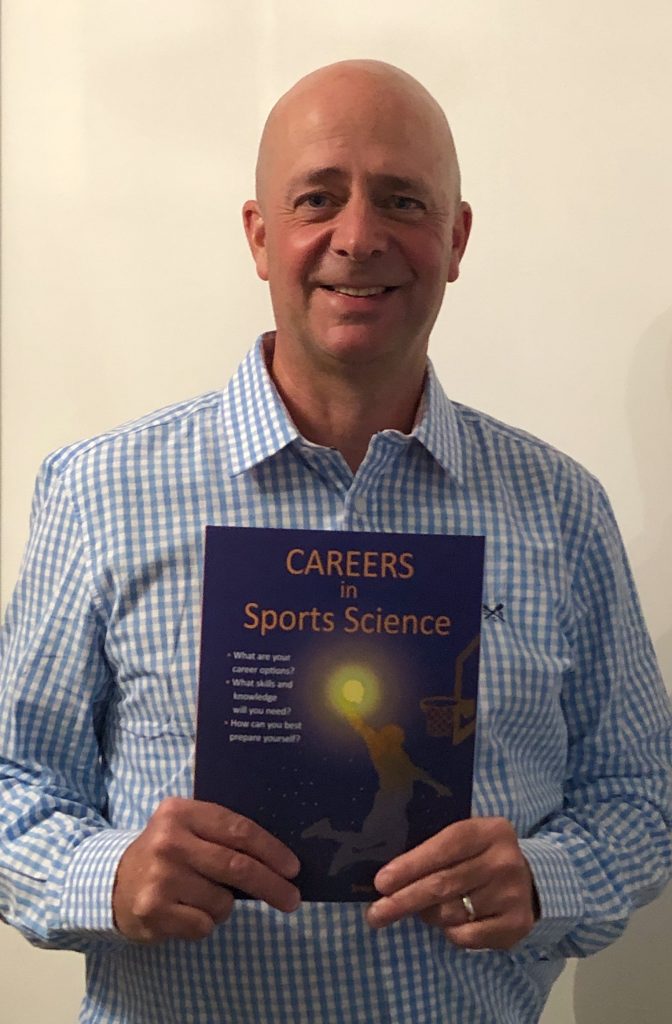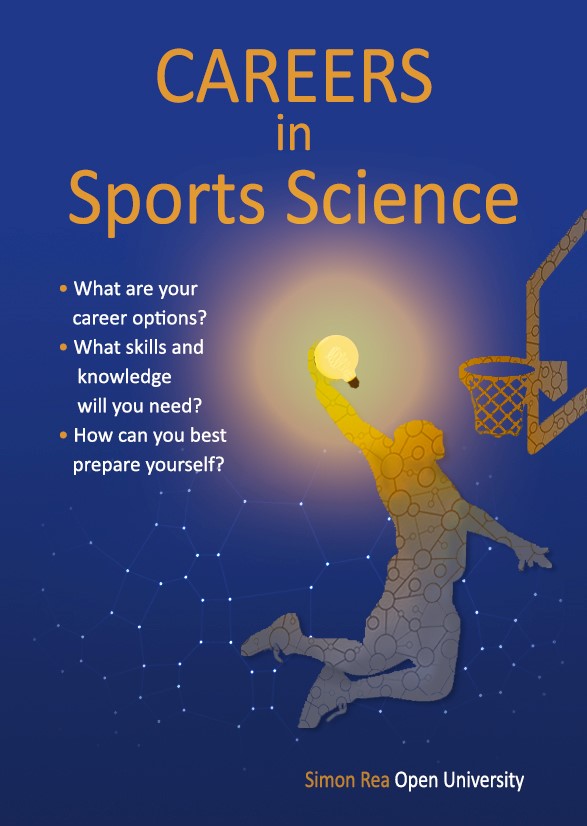Steph Doehler, Senior Lecturer and Staff Tutor within #TeamOUSport, has recently contributed to the newly published Routledge Handbook of Sport, Leisure, and Social Justice. Her chapter, titled ‘Just shut up and play’ – Sport, the Media, and Athlete Activism, explores the evolution of athlete activism, drawing on key moments like the Black Lives Matter movement to contextualise the broader historical trajectory of activism in sport.
The chapter gives special attention to the role of the media in framing these acts of activism, critically exploring how media narratives shape public perceptions and emotional responses.
One of the chapter’s key contributions is a case study focusing on Colin Kaepernick’s protest during the 2016 NFL season, when he knelt during the American National Anthem as a symbol to challenge police brutality throughout the country. The research also uniquely revisits how his protest was reframed in media narratives following the murder of George Floyd in 2020. This longitudinal analysis provides a fresh lens for understanding how media portrayals of activism can shift over time, particularly in response to broader societal changes.
The chapter concludes by identifying gaps in the existing research and suggests areas for future study on athlete activism, encouraging further exploration of the intersection between sport, media, and social justice.
To explore the full contents of the book, edited by Stefan Lawrence, Joanne Hill, and Rasul Mowatt, click on the image below.
Published in May 2024, the book features contributions from leading scholars around the world.
Congratulations to Steph!
Click on the link here to see the full contents page.
